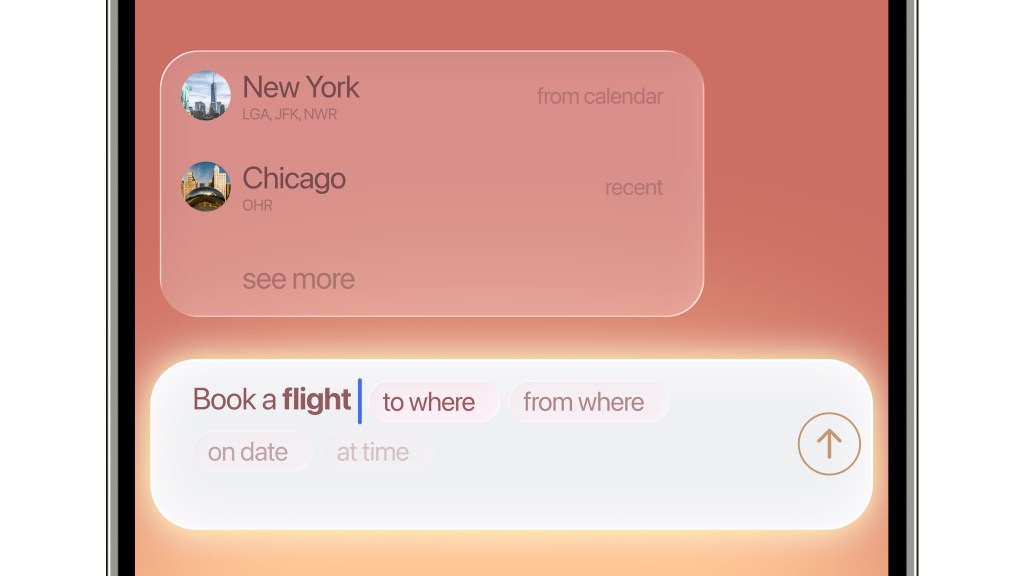In the heart of Brooklyn’s Greenpoint neighborhood, nestled between an elementary school and a public library, stands an unconventional art installation that challenges perceptions of artificial intelligence (AI) in the workplace. Dubbed Chat Haus, this exhibit mirrors the ambiance of a modern coworking space, complete with individuals engrossed in their tasks, taking calls, and sipping coffee. However, a closer look reveals a striking difference: every element, from the people to the furniture, is meticulously crafted from cardboard.
Conceived by Brooklyn-based artist Nim Ben-Reuven, Chat Haus serves as a satirical commentary on the rapid integration of AI into creative industries. The installation features a series of cardboard robots, each animated by small motors, simulating the daily grind of office life. A prominent sign advertises desk space for $1,999 a month, humorously labeling the venue as A luxury co-working space for chatbots.
Ben-Reuven’s inspiration for this project stems from his personal experiences as a graphic designer and videographer. He has observed a growing trend where companies are increasingly favoring AI tools over human freelancers, leading to a decline in available opportunities. It was like an expression of frustration in humor, so I wouldn’t get too bitter about the industry changing so quickly and under my nose and not wanting to be a part of the shift, Ben-Reuven shared. So I was like, I’ll just fight back with something silly that I can laugh at myself.
The artist deliberately chose a lighthearted approach to ensure the exhibit resonates with a diverse audience, regardless of their stance on AI. He believes that overt negativity might alienate viewers and detract from the intended message. Creating art that is blatantly negative forces it into a corner and requires it to defend itself, he explained. Giving the display a ‘lighter tone’ also helps it draw in viewers of all ages and with all opinions on AI.
The exhibit has indeed captured the attention of passersby. While discussing his work at a nearby café, Ben-Reuven observed various groups pausing to engage with the display. From millennials snapping photos to curious elementary school students posing questions, Chat Haus has sparked conversations across generations.
Beyond its commentary on AI’s encroachment into creative fields, the use of cardboard as the primary medium adds another layer of meaning. Ben-Reuven has a history of working with this material, having previously constructed a life-size replica of an airport terminal during his graduate studies. He refers to his cardboard creations as cardboard babies, and this project provided an opportunity to showcase them outside his apartment.
The choice of cardboard underscores themes of impermanence and fragility, mirroring the transient nature of current technological trends. The impermanence of this cardboard stuff, and the ability for it to collapse under even just a little bit of weight, is how I feel about the AI industry, Ben-Reuven noted. This sentiment reflects concerns about the sustainability and ethical implications of rapid AI advancements.
Chat Haus also draws parallels to other initiatives that explore the intersection of AI and physical spaces. For instance, the AI House in downtown Seattle serves as a hub for AI startups and entrepreneurs, fostering collaboration and innovation. Similarly, San Francisco’s Cerebral Valley has become a hotspot for AI communities and hacker houses, highlighting the growing physical presence of AI-focused endeavors.
Moreover, the concept of integrating AI into coworking environments is gaining traction. Companies like Botgo Technologies have developed AI-driven chatbots to enhance the coworking experience, offering virtual assistance and streamlining operations. These developments signify a broader trend of AI permeating various aspects of professional life, from creative industries to collaborative workspaces.
In this context, Chat Haus stands as a poignant reminder of the delicate balance between technological progress and the preservation of human-centric professions. Through humor and satire, Ben-Reuven invites viewers to reflect on the evolving landscape of work and the role of AI within it.



